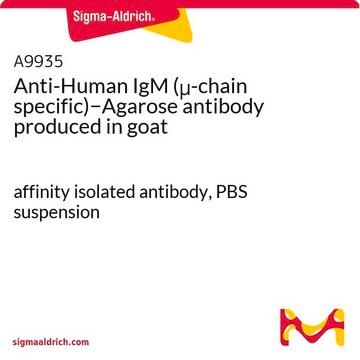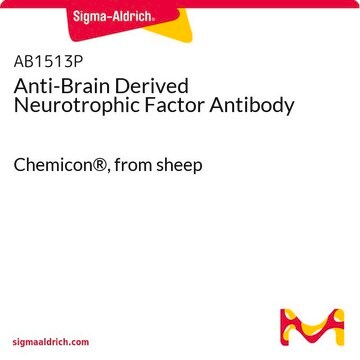I1761
Anti-Human Polyvalent Immunoglobulins (G,A,M) antibody produced in goat
whole antiserum
About This Item
Recommended Products
biological source
goat
Quality Level
conjugate
unconjugated
antibody form
whole antiserum
antibody product type
secondary antibodies
clone
polyclonal
contains
15 mM sodium azide
technique(s)
immunoelectrophoresis: suitable
shipped in
dry ice
storage temp.
−20°C
target post-translational modification
unmodified
Looking for similar products? Visit Product Comparison Guide
Related Categories
General description
Specificity
Application
Biochem/physiol Actions
Physical form
Storage and Stability
Not finding the right product?
Try our Product Selector Tool.
Storage Class Code
10 - Combustible liquids
WGK
WGK 3
Flash Point(F)
Not applicable
Flash Point(C)
Not applicable
Personal Protective Equipment
Certificates of Analysis (COA)
Search for Certificates of Analysis (COA) by entering the products Lot/Batch Number. Lot and Batch Numbers can be found on a product’s label following the words ‘Lot’ or ‘Batch’.
Already Own This Product?
Find documentation for the products that you have recently purchased in the Document Library.
Our team of scientists has experience in all areas of research including Life Science, Material Science, Chemical Synthesis, Chromatography, Analytical and many others.
Contact Technical Service







